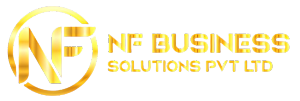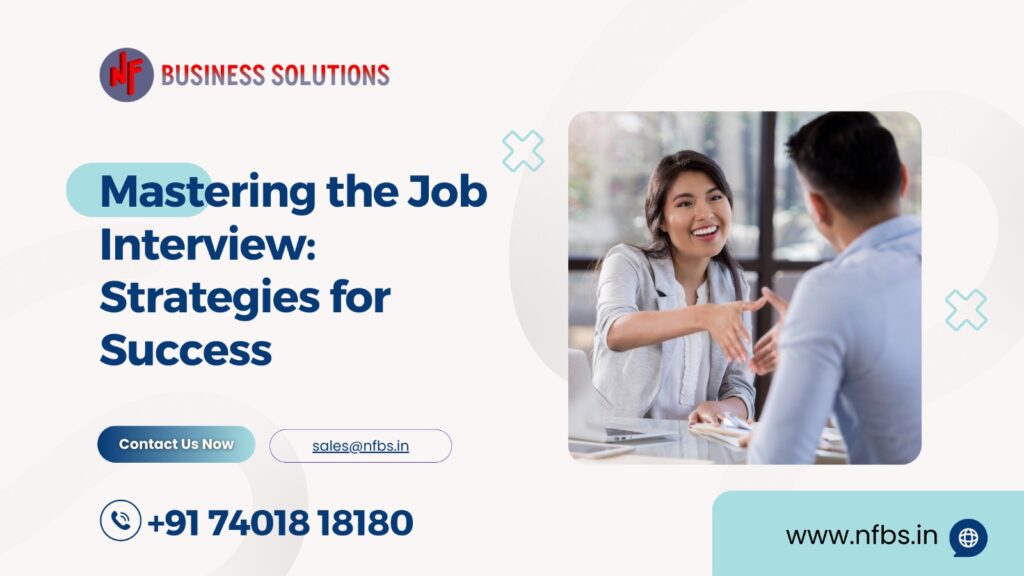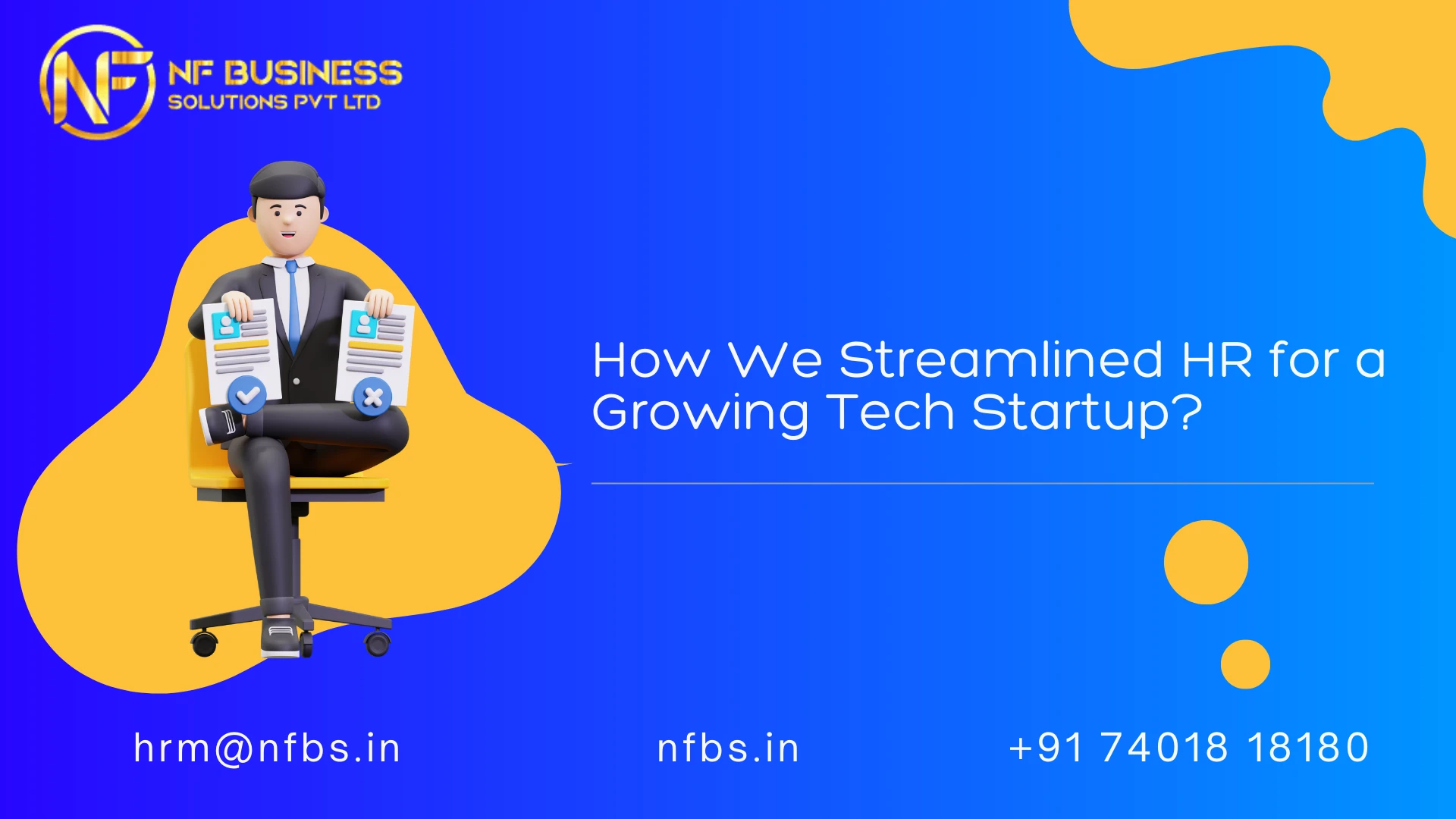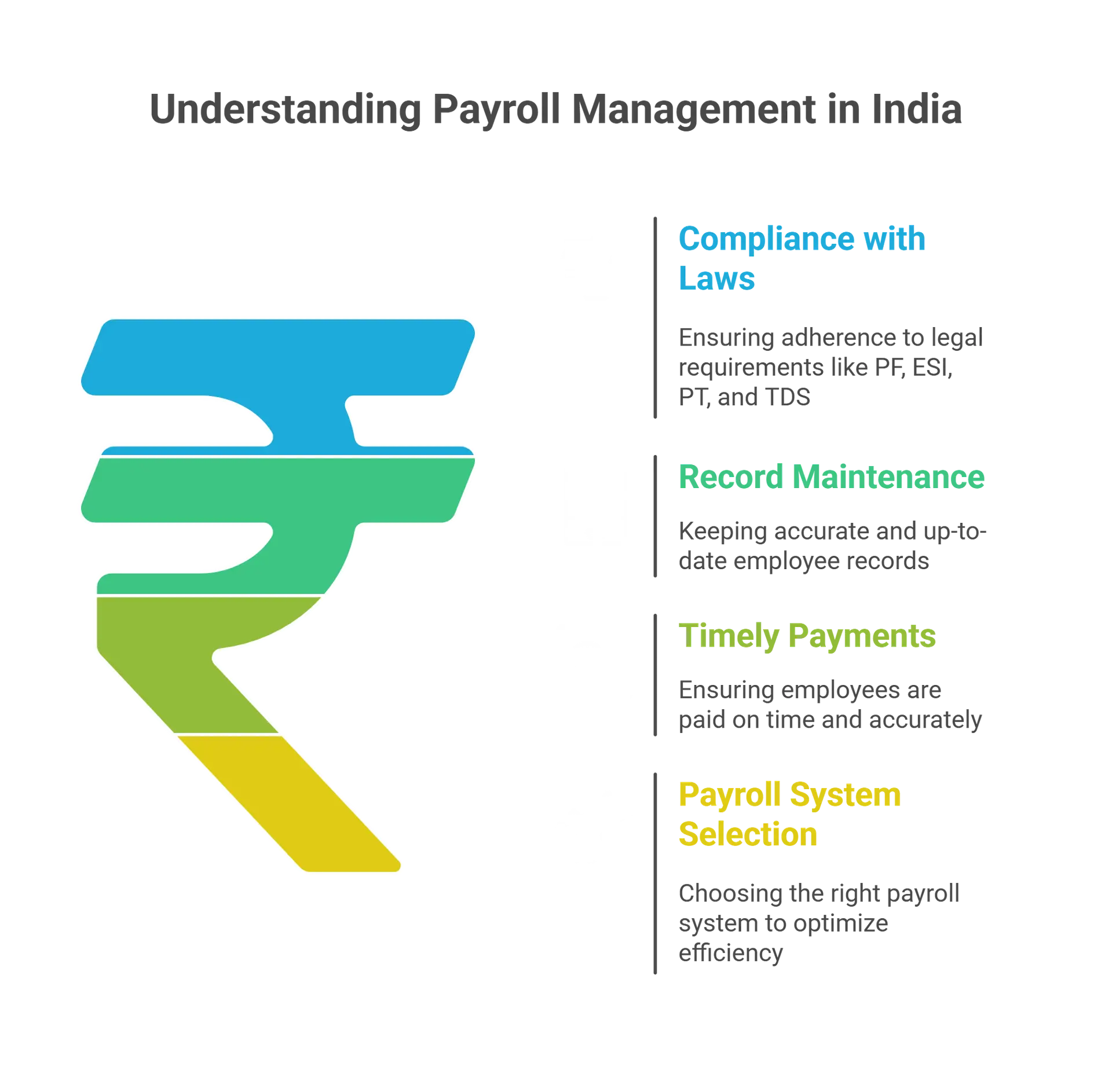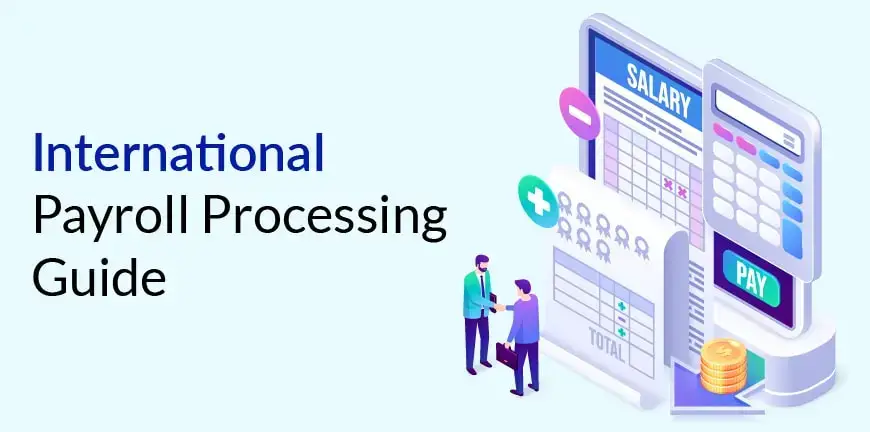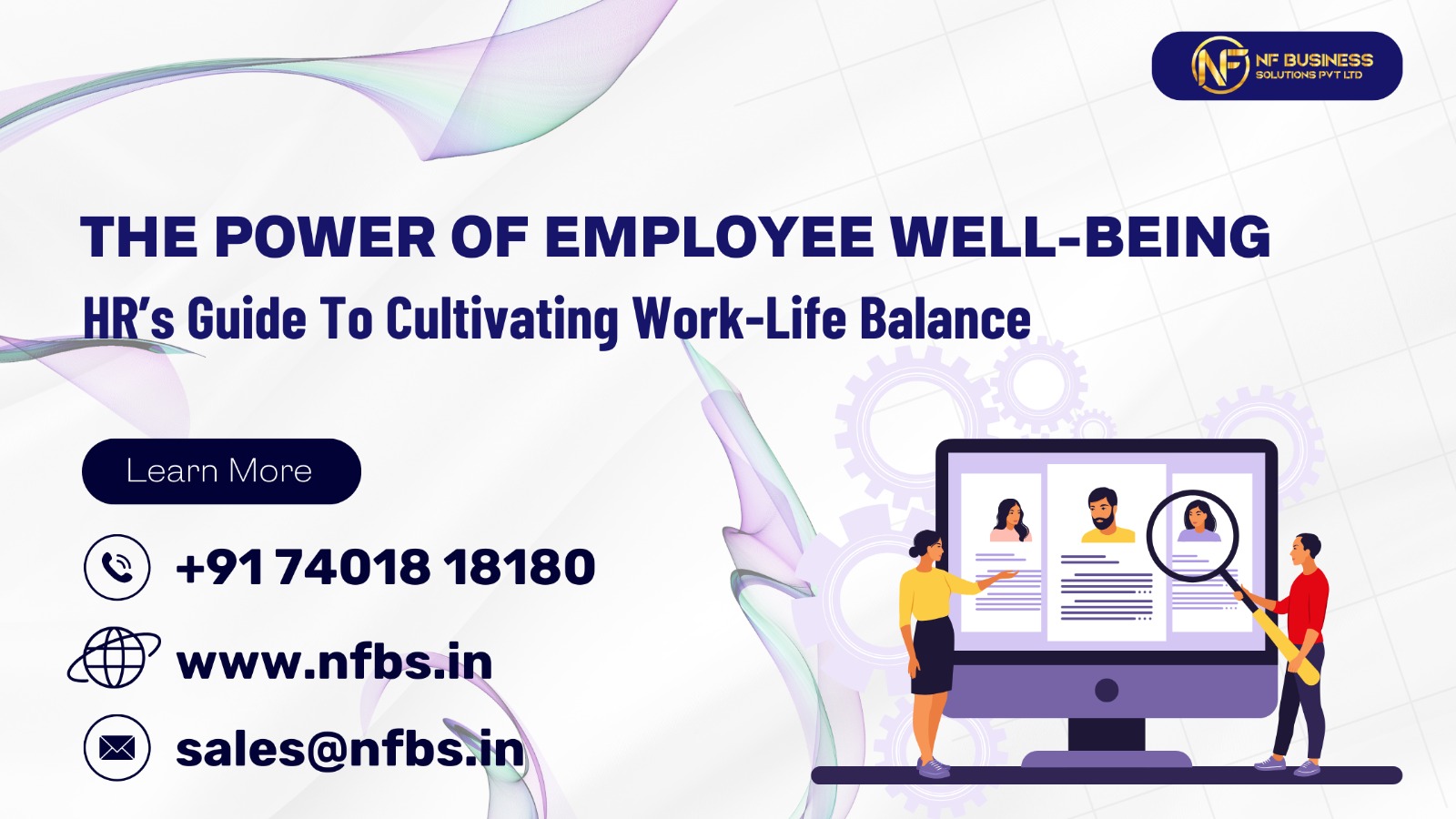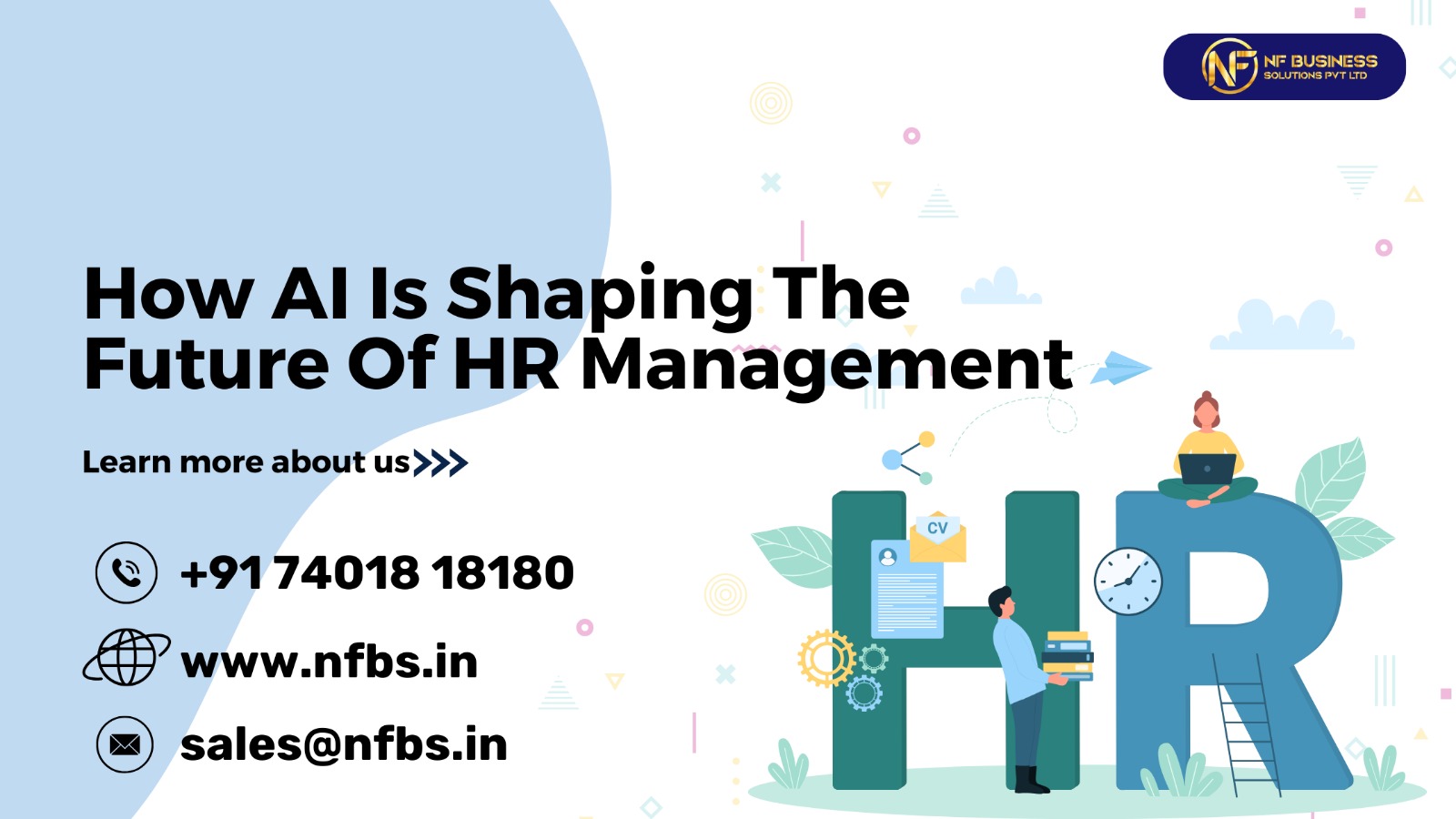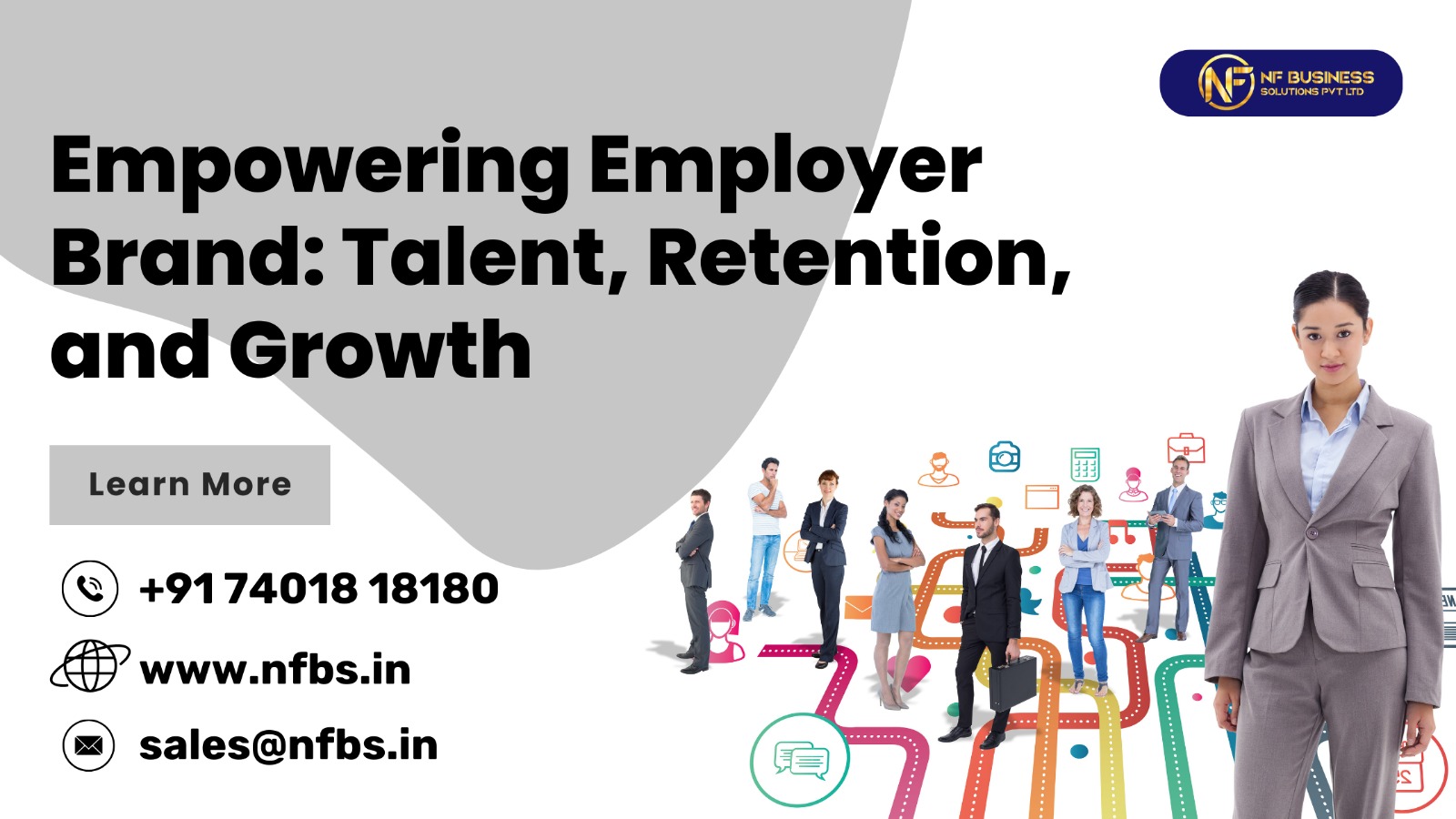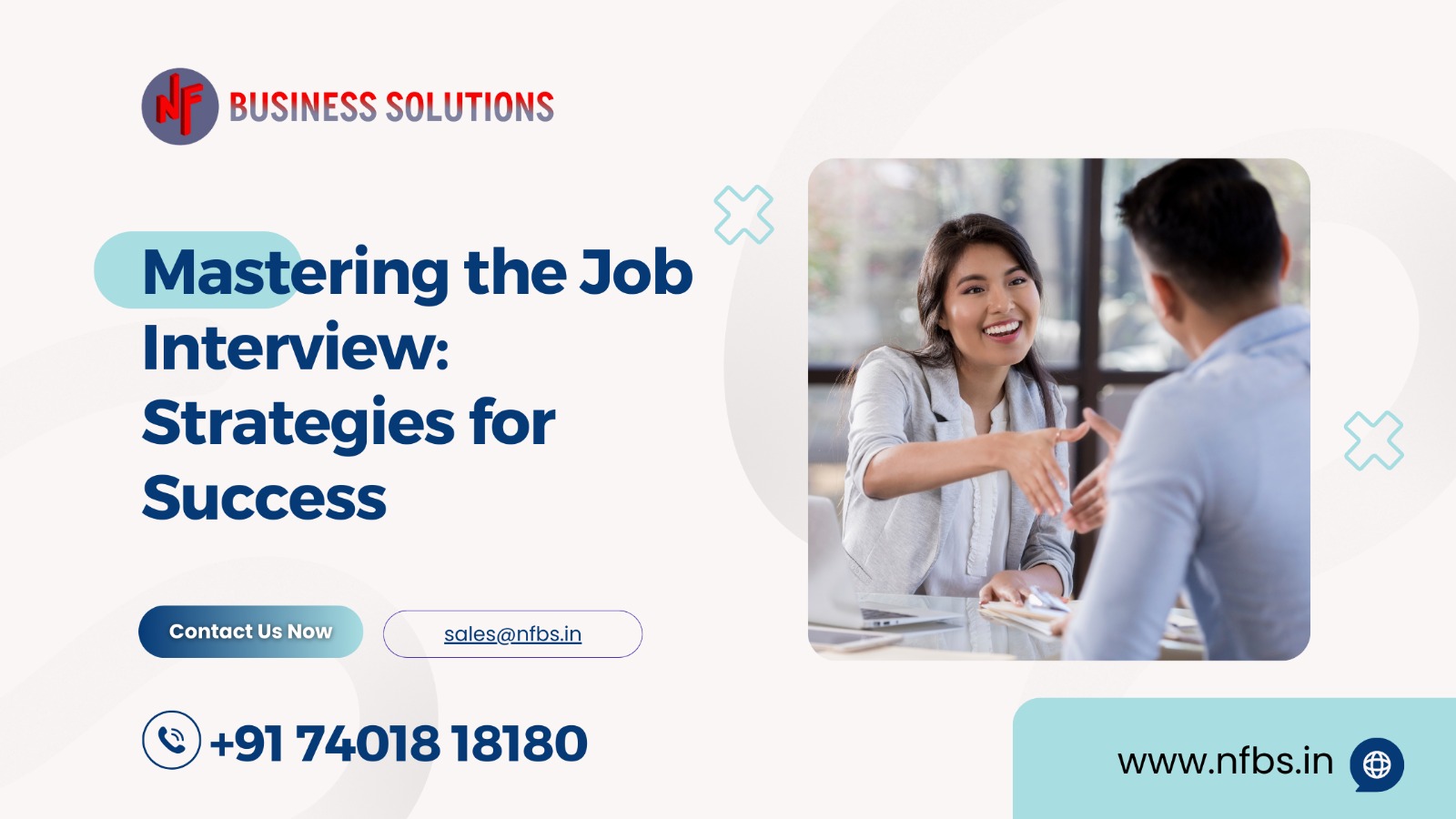Job Interview – Introduction
- Securing a job often hinges on the successful navigation of the interview process.
- An interview serves as a crucial platform for showcasing your skills, experience, and suitability for a given position.
- Achieving success in this endeavor necessitates diligent preparation, a polished performance during the interview itself, and a thoughtful follow-up afterwards.
- In the following blog, we will explore a range of steps and insights aimed at assisting you in effectively cracking the job interview process.
How to Excel in a Job Interview: Strategies for Success
- Effective interview preparation lays the foundation for a strong performance during the crucial interaction.
- Moreover, thoughtful post-interview actions, like notifying your referees and engaging in follow-ups with the HR department, can significantly enhance your prospects.
- To gain a competitive edge and distinguish yourself from fellow candidates, adhere to the following expert guidelines on how to excel in cracking a job interview.”
1.Thoroughly Evaluate the Job Description:
- Take the time to carefully review the job description in order to grasp the specific skills and qualifications that the employer is seeking.
- Additionally, familiarize yourself with the duties and responsibilities associated with the position.
- This knowledge will enable you to tailor your CV to align with the requirements and adequately prepare for potential interview questions.
- Assess your own strengths and weaknesses in relation to those outlined by the job description, allowing you to strategize your approach to the interview accordingly.
2.Conduct In-Depth Research on the Company:
- Employers typically favor candidates who demonstrate a comprehensive understanding of their organization.
- Initiate your research by exploring the company’s website and social media platforms to gain insights into its mission, business operations, and work culture.
- It may also be beneficial to peruse employee reviews on reputable third-party websites to gain firsthand accounts of the employee experience.
- Acquiring knowledge about the company and the interviewer’s background will assist you in aligning your responses with the company’s values and culture.
- Additionally, if feasible, attempt to gather information about the interviewer through professional networking platforms to familiarize yourself with their personality and demeanor.
3. Enhance and Tailor Your CV:
- Once you have acquired sufficient insights into the position and the company, customize your CV to ensure it aligns with the job requirements and the overall organization.
- Emphasize your skills and strengths that directly correspond to the employer’s specified criteria.
- Incorporate relevant keywords from the job description and the company profile into your resume.
- It is crucial to maintain honesty and authenticity while providing information.
4.Prepare and Rehearse Your Answers:
- Revisit your knowledge in the field and prepare for any assessments or tests that may be part of the interview process.
- Organizing your thoughts will enable you to articulate yourself confidently and impressively.
- Anticipate the questions that the interviewer may ask and formulate thoughtful responses.
- Research common interview questions based on the job profile, the company, and your level of experience.
- In addition to domain-specific queries, some common potential interview questions include:
- Provide a brief introduction about yourself.
- What motivates you to pursue this job?
- What prompts you to seek a career change?
- Discuss your strengths and weaknesses.
- Where do you envision yourself in the next five years?
- Consider conducting a mock interview with a trusted individual and, if possible, record it to assess your performance and identify areas for improvement.
- Practicing for the interview will enhance your confidence when facing the actual interview.
5.Punctuality is Key:
- Ensure that you plan your travel arrangements to arrive at the interview venue at least 15 minutes before the scheduled time.
- Arriving early not only demonstrates your respect for punctuality but also allows you to relax and refresh yourself, especially after a long and tiring journey.
- Familiarize yourself with the route by using the location map provided by the company or browsing through Google Maps.
- Double-check the destination displayed on your GPS device and make necessary transportation arrangements in advance.
6.Adhere to Appropriate Dress Code:
- If the job description or interview invitation specifies a particular dress code, ensure that you dress accordingly.
- In the absence of explicit guidelines, it is advisable to dress in formal attire for a job interview.
- If you choose to use perfume, deodorant, or hair products, ensure that they are subtle.
- Prepare your clothes and accessories (shoes, socks, belt, tie) the night before the interview to avoid any unexpected hassles on the interview day.
7.Carry Essential Documents and Devices:
- Ensure that you have all the necessary documents, such as your CV, cover letter, reference letters, academic certificates, and previous job salary slips if applicable.
- Organize them neatly in a file or folder.
- Keep a pen and paper handy so that you do not need to borrow them during the interview.
- If you require a laptop or tablet to showcase your work or deliver a presentation, remember to bring one along.
8.Present Yourself Professionally:
- From the moment you arrive at the venue, it is important to conduct yourself professionally and interact politely with everyone you encounter.
- If requested, provide your details in the register and submit your resume at the reception following their instructions.
- Exercise patience while waiting at the reception area and minimize interactions with other candidates.
- It is advisable to switch off or put your mobile phone on silent or vibrate mode.
- If you anticipate an unavoidable call, speak in a low voice.
9.Practice Patient Listening:
- Active listening is a crucial skill for a promising candidate.
- Make an effort to be attentive and listen carefully to the interviewer.
- Avoid interrupting the conversation, as it is considered good professional etiquette in a formal setting.
- Ensure that you thoroughly understand the questions and other details before responding.
- Occasionally, the additional information provided by the interviewer may prove valuable in addressing subsequent questions during the interview.
Observing the interviewer’s reactions to your answers can help you fine-tune your responses to future inquiries.
10.Be Concise and Focused:
- Interviewers often have tight schedules and limited time for lengthy responses.
- They value concise and focused answers.
- Therefore, keep your responses brief and to the point while ensuring that all essential information is conveyed.
- Tailor your answers based on the specific questions asked and any additional information provided during the interview.
- When discussing previous or current employers, maintain a positive tone.
- Adapt your communication style to align with the interviewer’s mood and personality.
